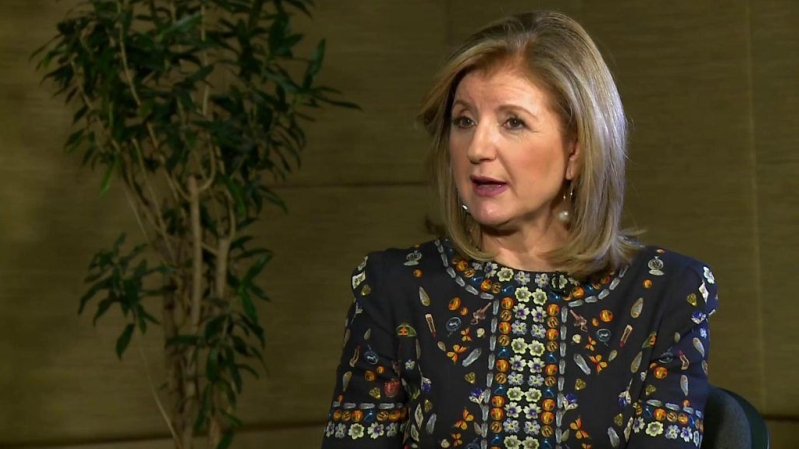
With the onset of heavy criticism for Facebook and Google on their lack of conscientiousness in tackling the spread of misinformation during the height of the U.S. presidential campaign, experts from around the globe have shared their views on how to sift through this day and age where people are "drowned in data," as Arianna Huffington is quoted into saying.
Professor and Social Media Expert Clay Shirky says that currently, there are so many websites created and recreated to pull in people to visit and click for advertising revenue. Shirky defends Facebook and Google, the world's top sources of online information, saying that these channels are not to blame. The blame should be put on the people behind these false publications.
The professor adds, "(Facebook) cannot simply behave like a professional platform... And yet if society doesn't have a place that polices true stories, it will be a terrible loss for us."
Facebook CEO Mark Zuckerberg also acknowledges the fact that social media sites have a responsibility to share with putting in an effort to filter out true and validated, from fraudulent news. He adds, as presented at a press conference last weekend, that "more than 99% of what people see is authentic."
So how do people set the line between fact and fallacy? A survey led by The Trust Project gives the following unifying traits of verifiable and authentic news sources and articles:
1. Online publication has verifiable details such as address and contact details, an ethics policy clause, a diversity policy clause, and a section where ownership structure and funding sources are revealed. Major online publications have all these details open for the public to read.
2. Author biographies that highlight areas of expertise and experience
3. Verifiable citations and references
4. Appropriate labels to indicate the type of article, whether it's news, analysis, opinion, advertising, or original reporting
5. Articles include diverse voices from reporters and/or interviewees from different fields
6. Articles and/or the site have channels for the public to provide feedback
The above-mentioned indicators are not fool-proof though, as The Trust Project acknowledges that many websites intent on spreading conspiracy theories have become more sophisticated with the way they report and layout their articles.
"In today's burgeoning and chaotic news ecosystem, it is difficult to parse truth from falsehood, wisdom from spin... We have seen a decline in trust in the media over a period of decades and the polarization across what types of media are trusted," Sally Lehrman, one of The Trust Project's co-founders, says during their press launch.
Now the goal of The Trust Project, which is currently in collaboration with popular sites such as Facebook, Google, Twitter and LinkedIn, is to regain the trust of the public in online publications, may it be as simple as a tweet or a post.






